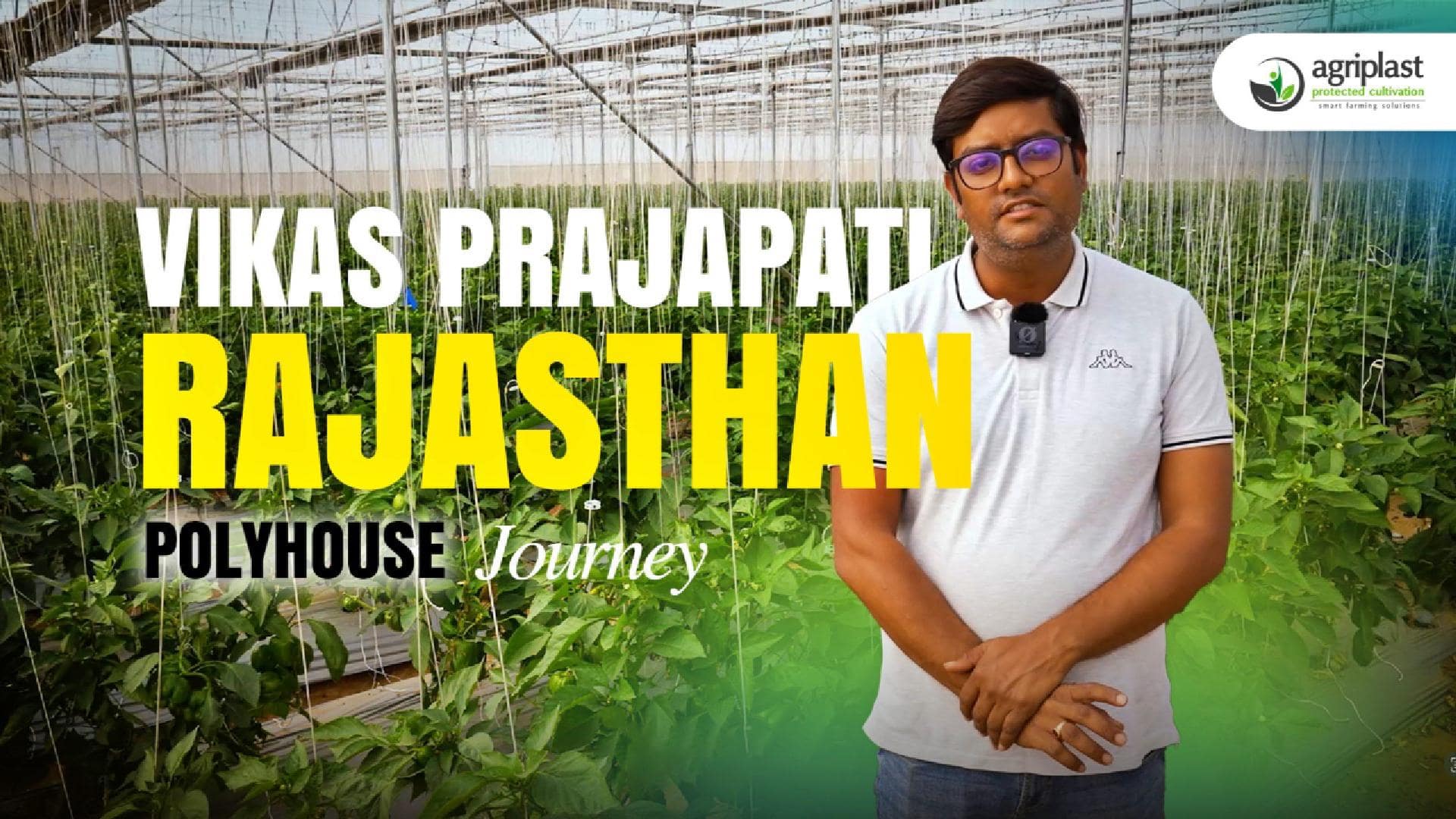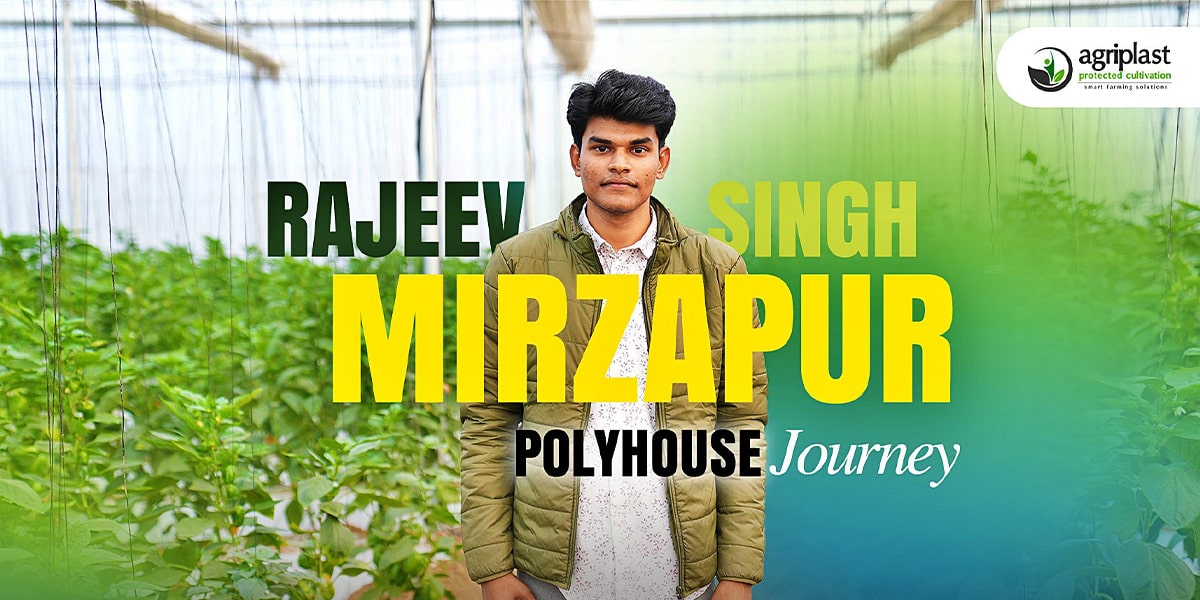Essential Things You Should Know About Polyhouse Farming
The backbone of Indian society has always been agriculture. It is the mainstay of the economy and provides employment to a large section of the population. India is an agrarian country; about 60% of the population depends on agriculture for their livelihood.
Agriculture is the main source of food and raw materials for the Indian people. It is also the main source of income for the farmers. The agricultural sector contributes to about 15% of the country’s GDP.
In today's article, let's take a closer look at Indian agriculture—particularly polyhouse farming. Here's what you need to know:

What is Polyhouse Farming?
Polyhouse farming is a form of agriculture where crops are grown in controlled, indoor environments. These environments are typically made up of plastic or metal frames with transparent walls and roofs. The use of polyhouses allows farmers to control the climate and protect their crops from pests and diseases.
The Benefits of Polyhouse Farming
1. Reduced Dependency on Weather
One of the biggest advantages of polyhouse farming is that it reduces the dependency on weather conditions. Since the environment inside a polyhouse can be controlled, farmers can grow crops even in adverse weather conditions. This is especially beneficial for farmers in regions with unpredictable weather patterns.
2. Protection From Pests and Diseases
Another advantage of polyhouse farming is that it protects crops from pests and diseases. The controlled environment inside a polyhouse prevents the entry of pests and diseases, which can cause devastating losses in traditional farming.
3. Increased Yield
Polyhouse farming also leads to increased yield as crops get the ideal conditions for growth. This is because the controlled environment inside a polyhouse allows farmers to provide the crops with the perfect combination of temperature, humidity, light, and ventilation.
4. Reduced Wastage
Polyhouse farming helps in reducing wastage as crops can be grown all year round. This is because the controlled environment inside a polyhouse protects crops from the extreme weather conditions that lead to wastage in traditional farming.
5. Better Quality of Produce
The controlled environment inside a polyhouse also leads to a better quality of produce. This is because crops grown in a polyhouse are not exposed to the harsh weather conditions that can damage the quality of the produce.
Polyhouse farming is thus a type of agriculture that offers a number of advantages over traditional farming methods. It is becoming increasingly popular in India due to its many benefits.
Greenhouse vs. Polyhouse
A greenhouse is a building made of transparent material, such as glass, in which plants are grown. The main purpose of a greenhouse is to create an environment where plants can grow year-round.
A polyhouse is a type of greenhouse made with a polyethylene film instead of glass. Polyhouses are less expensive to construct than greenhouses, providing many of the same benefits.
There are several key differences between greenhouse and polyhouse production. One of the most important is that polyhouses can be heated more easily and efficiently than greenhouses. This is because the polyethylene film used to construct polyhouses is a better insulator than glass.
Another key difference is that polyhouses can be ventilated more easily than greenhouses. This is because the polyethylene film used to construct polyhouses is lighter than glass, so that it can be opened and closed more easily.
Finally, polyhouses can be constructed in various shapes and sizes, whereas greenhouses are typically rectangular. This allows polyhouse growers to customize their production environment to meet their specific needs.
The Bottom Line
Polyhouse farming is becoming increasingly popular, with good reason. These structures provide an optimal environment for crops, protect them from pests and diseases, and even help conserve water. With so many benefits, it's no wonder that more and more farmers are turning to polyhouses to help them achieve a successful harvest.
Agriplast Protected Cultivation is one the best polyhouse manufacturer and suppliers in India. We offer the best-grade Polyhouse & greenhouse setup solutions at the best price. If you are interested in polyhouse farming, we can help you. Contact us today to learn more and get started!



















